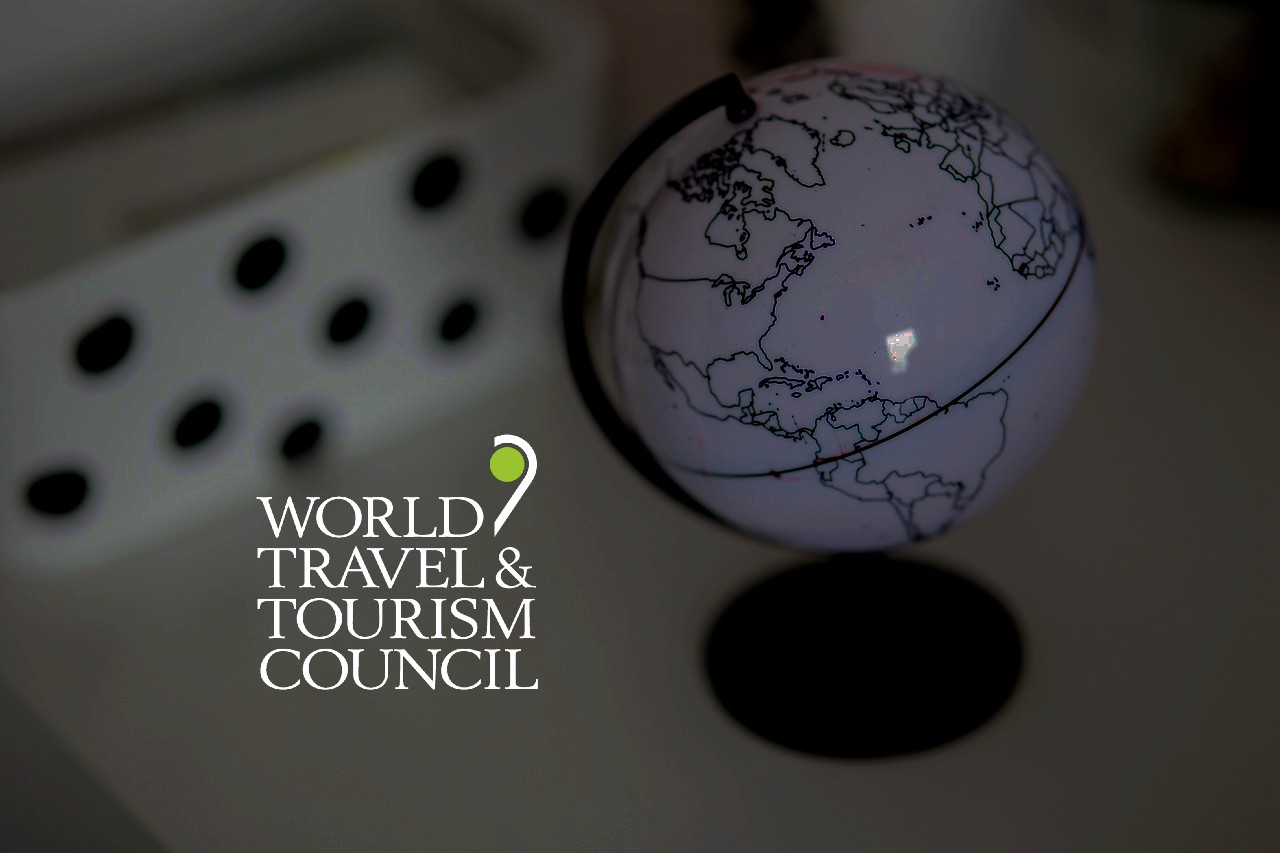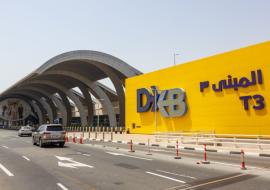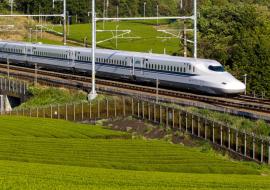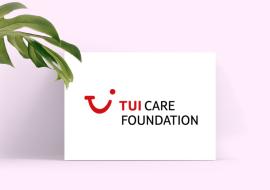WTTC Urges Countries to Join WHO’s Global Digital Health Certification Network

The World Travel & Tourism Council (WTTC) is advocating for countries to join the World Health Organization's (WHO) Global Digital Health Certification Network (GDHCN) to enable seamless verification of health certifications across borders.
Sixty years ago, the "It's a Small World" attraction at the 1964 World's Fair and later Disneyland provided a whimsical glimpse into global cultures at a time when international travel was a luxury. This ride showcased miniature landscapes and iconic scenes, offering Americans a vision of temples in Thailand and carnivals in Brazil. It served as a portal to discovery, much like affordable travel does today.
In the modern era, approximately four billion people fly annually, exploring new destinations, reconnecting with loved ones, and conducting business. Affordable travel has made even the most remote locations accessible, whether it's trekking through the ancient Inca empire or sailing along Antarctica's glaciers. Travel has become an integral part of the human experience, enriching lives and fostering global connectivity.
Tourism significantly contributes to the global economy. According to the WTTC, the sector generates over $10 trillion annually and creates 330 million jobs worldwide. It promotes cultural exchange and enhances our understanding of diverse cultures, embodying the harmonious message of the "Small World" song, which reminds us that we are all part of the human family.
Traveling and meeting new people emphasize that tourism is not merely about visiting sites and monuments. It is about embracing different ways of life, appreciating diverse cultures, and celebrating unity. This personal and cultural enrichment underscores the importance of a robust and resilient travel sector.
The COVID-19 pandemic starkly highlighted the fragility of the travel industry. Vibrant tourist destinations turned into deserted sites, airports emptied, and businesses shuttered. The world, once so interconnected, was abruptly closed off. As we rebuild, it is crucial to ensure we are better prepared for future crises.
Rebuilding requires strong public health infrastructure, well-funded scientific research, and a commitment to technology in developing nations. As WHO Director-General emphasized, "nobody is safe until everybody is safe." This sentiment drives the need for a unified global approach to health security.
This week, governments worldwide will convene at the World Health Assembly in Geneva. This gathering presents an opportunity to establish a comprehensive pandemic treaty, prioritizing global health and ensuring preparedness for future crises. Countries must collaborate to guarantee effective testing, digital vaccination certificates, and equitable distribution of medical resources to maintain mobility during any future health emergencies.
Participation in the GDHCN is crucial. It will ensure that health checks are universally aligned and verification processes are seamless across borders. A pandemic treaty and GDHCN participation will transform the ideal of global unity and interconnectedness from a fantasyland attraction into a sustainable reality.
By embracing these measures, we can ensure that the bonds between cultures and people remain strong and resilient, no matter what challenges arise. This commitment to global health and unity will create a truly interconnected small world for all.














